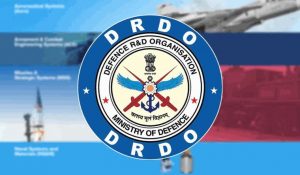Indian Radio Software Architecture standard:

The Defence Research and Development Organisation (DRDO), in collaboration with the Integrated Defence Staff and the Tri-Services released Indian Radio Software Architecture (IRSA) standard 1.0.
- It provides a standardised software architecture defining how different radio systems communicate securely and efficiently.
- It is India’s first national specification defining a standardized software architecture for Software Defined Radios.
- Vision is to position IRSA as a global benchmark — enabling India to shape the future of SDR technology and export IRSA-compliant solutions to friendly nations.
Key Features of Indian Radio Software Architecture standard
- It is a comprehensive software specification for Software Defined Radios (SDR), defining standardized interfaces, APIs, execution environments, and waveform portability mechanisms, SDR Interoperability, Certification and Conformance.
- India’s IRSA now joins the elite group of global SDR frameworks — alongside the US Software Communications Architecture (SCA), Europe’s ESSOR, and NATO’s STANAG SDR standards.
- It is prepared as per Standardization of Indigenous Software Defined Radio initiative of Directorate of Standardization (DoS) under Department of Defence Production (DDP) in Ministry of Defence (MOD) India.
Software Defined Radio:
- SDR is a radio communication system that employs reconfigurable software-based components for the processing and conversion of digital signals.
- Unlike traditional radio communication systems, these radio devices are highly flexible and versatile.
- This is an emerging technology used to connect an ever-increasing wireless world.




